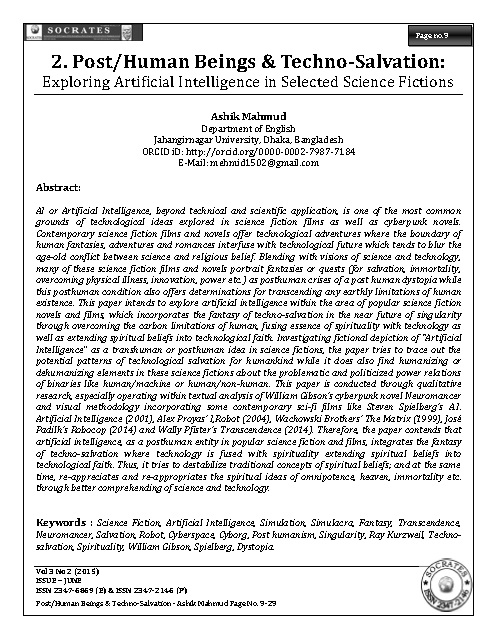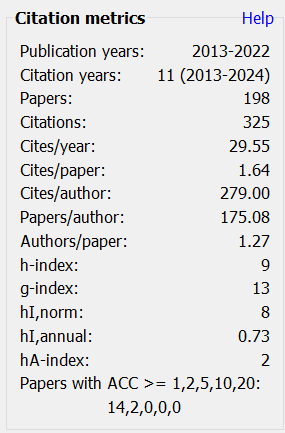Deep Fun
Keywords:
Friedrich Nietzsche, A.S. Neil, philosophical novel, play, intrinsic valueAbstract
Nietzsche advanced a sustained criticism of the common religious belief that we must suffer through the present life in order to receive apay-off in the next. We see the same “future-pay-off” mentality in education due to the instrumental approach to pedagogy, which is also standard in the philosophy for children tradition.I argue that we ought to make a concerted effort topromote intrinsic value in education instead. A.S. Neill, founder of the famous “free school” Summerhill, shows that play is intrinsically valuable and logically prior to the work of learning. Children enjoy engaging in spontaneous activities that don’t ultimately matter, especially if they provide humor, wonder, awe, insight, or community. The philosophical novel, when written, taught, or read playfully, has potential to furnish this intrinsic value, thereby offering a promising way of seizing the moment in education.
Downloads
Metrics
References

Downloads
Published
How to Cite
Issue
Section
License
Revised Copyright/CC license that applies to all the articles published after 05-02-2017
Attribution-NonCommercial 4.0 International (CC BY-NC 4.0)

Copyright/CC license that applies to all the articles published before 05-02-2017
Attribution-Non Commercial-No Derivatives 4.0 International (CC BY-NC-ND 4.0)

Author(s) will retain all the right except commercial and re-publishing rights. In the case of re-publishing, they will have to obtain written permission from the journal. Additional licensing agreements (Creative Commons licenses) grants rights to readers to copy, distribute, display and perform the work as long as you give the original author(s) credit, they can not use the works for commercial purposes and are not allowed to alter, transform, or build upon the work. For any reuse or distribution, readers and users must make clear to others the license terms of this work. Any of these conditions can be waived if you get permission from the copyright holders. Nothing in this license impairs or restricts the authors’ rights. To view a copy of this license, visit http://creativecommons.org/licenses/by-nc-nd/4.0/ or send a letter to Creative Commons, 171 Second Street, Suite 300, San Francisco, California, 94105, USA.
Research Papers published in SOCRATES are licensed under an Attribution-NonCommercial-NoDerivatives 4.0 International (CC BY-NC-ND 4.0)












